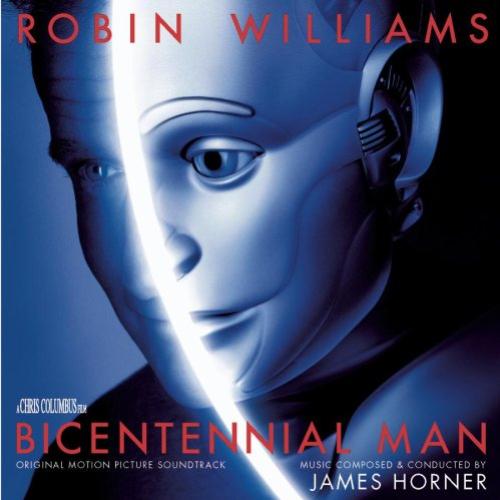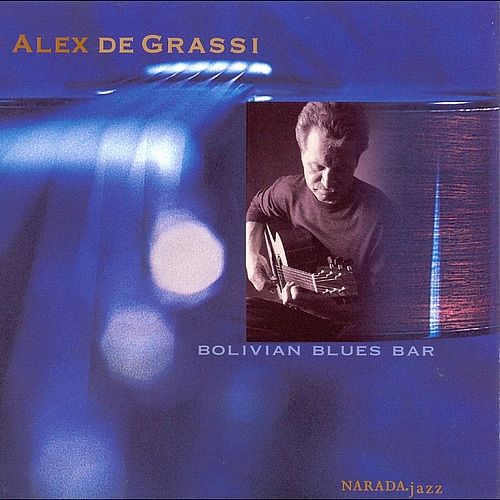Logowanie
OSTATNI taki wybór na świecie
Nancy Wilson, Peggy Lee, Bobby Darin, Julie London, Dinah Washington, Ella Fitzgerald, Lou Rawls
Diamond Voices of the Fifties - vol. 2
Tylko 1000 egzemplarzy!!!
DVORAK, BEETHOVEN, Boris Koutzen, Royal Classic Symphonica
Symfonie nr. 9 / Wellingtons Sieg Op.91
nowa seria: Nature and Music - nagranie w pełni analogowe
Petra Rosa, Eddie C.
Celebrating the art and spirit of music - vol. 3 - Pure
warm sophisticated voice...
Peggy Lee, Doris Day, Julie London, Dinah Shore, Dakota Station
Diamond Voices of the fifthies
Tylko 1000 egzemplarzy!!!
SAMPLER - STS DIGITAL, Buddy Tate, Milt Buckner, Walace Bishop
Jazz Masters - Legendary Jazz Recordings - v. 1
proszę pokazać mi drugą taką płytę na świecie!
Chesky! Niezmiennie perfekcyjny
Winylowy niezbędnik
ClearAudio
Double Matrix Professional - Sonic
najbardziej inteligentna i skuteczna pralka do płyt winylowych wszelkiego typu - całkowicie automatyczna
James Horner, Celine Dion
Bicentennial Man
- Celine Dion - vocal
- James Horner
Horner's De Ja Vu '99 by Christopher Coleman Only a director like Chris Columbus could match author Isaac Asimov and composer James Horner. Two Asimov stories serve as the framework for Columbus’ latest film and many easily recognizable musical themes from composer James Horner serve as the foundation for the film's score. After a break that spanned a year, James Horner is back in the ears of film score fans with his latest composition for the Chris Columbus film Bicentennial Man. With this score Horner returns to the realm of the mellow drama in his familiar heartfelt style. Bearing a striking resemblance a host of his other works from the nineties, this score is doomed to drawing strong ridicule from many film score fans that demand a more unique flavor to each successive score in a composers career. As one might anticipate from Chris Columbus, this is a highly sentimental film and Horner has brought in several elements of his most sentimental works. The opening track, The Machine Age, immediately brings back strong echoes of one of Horner’s best scores from his softer repertoire, Searching for Bobby Fischer. The piano progression is very similar to this 1992 score, but what makes it unique is the mechanical brass and percussion accents. This track sets the overall tone of the entire score. It has been some time since Horner has composed a score for a dramatic comedy. His scores for such films are among his best. Bicentennial Man is almost a compilation of some his best work for films of this sort. While many film score fans frown on this “repetitiveness,” most of the Horner faithful will be happy with this release. Horner fans will likely experience a familiar glee as they hear the woodwinds and harp from The Spitfire Grill, the synthesized choir from Titanic, and the piano melody from Deep Impact floating around it nearly every track. This compact disc offers track after track of mellow strings, woodwinds, and piano, none of which is a great departation from his previous works for similarly toned films. At times such as in track 7, The Wedding track 13, A Truer Love, or track 14, Petition Denied, Horner pulls out a forest of emotion from his orchestra just as he did in Legends of the Fall and Braveheart, among others. Rip-offs or not, this is scintillating stuff and if one can get around the familiarity of the themes, the emotional experience is undeniable. The track that is sure to be overplayed on the airwaves is the final track, Then You Look at Me, performed by Celine Dion. Despite its predictability, Horner and frequent collaborator, Will Jennings, have produced yet another winner. The song is sustained by Dion’s unforgettably strong vocal skills, but is fails to strike the same emotional intensity as I Want to Spend My Lifetime Loving You from The Mask of Zorro or the virtually unmentionable, My Heart Will Go On from Titanic. The main theme of Bicentennial Man is used as the theme for Celine Dion's vocal exercise on lyricist, Will Jennings average contribution. By the time one reaches the end of this CD and this vocal track, one has heard the theme a number of times woven in and out of over half of the tracks on the strings, on the piano, or on the flute. Done similarly in the manner of the Titanic score released by Sony Classical, this score builds up to the finale pop performance, but this particular work is on the anti-climactic side. Not too many teeny-boppers will be playing this over and over dreaming of Mr. Williams. Sony Classical continues to put out quality recorded film scores in 1999, adding Bicentennial Man to the list along side Angela’s Ashes, Star Wars: The Phantom Menace, and others. This release is at just the right length. Over an hour of music comprised of a pot-luck of Horner themes that are sure to satisfy the Horner-die-hards, until his next release.






























